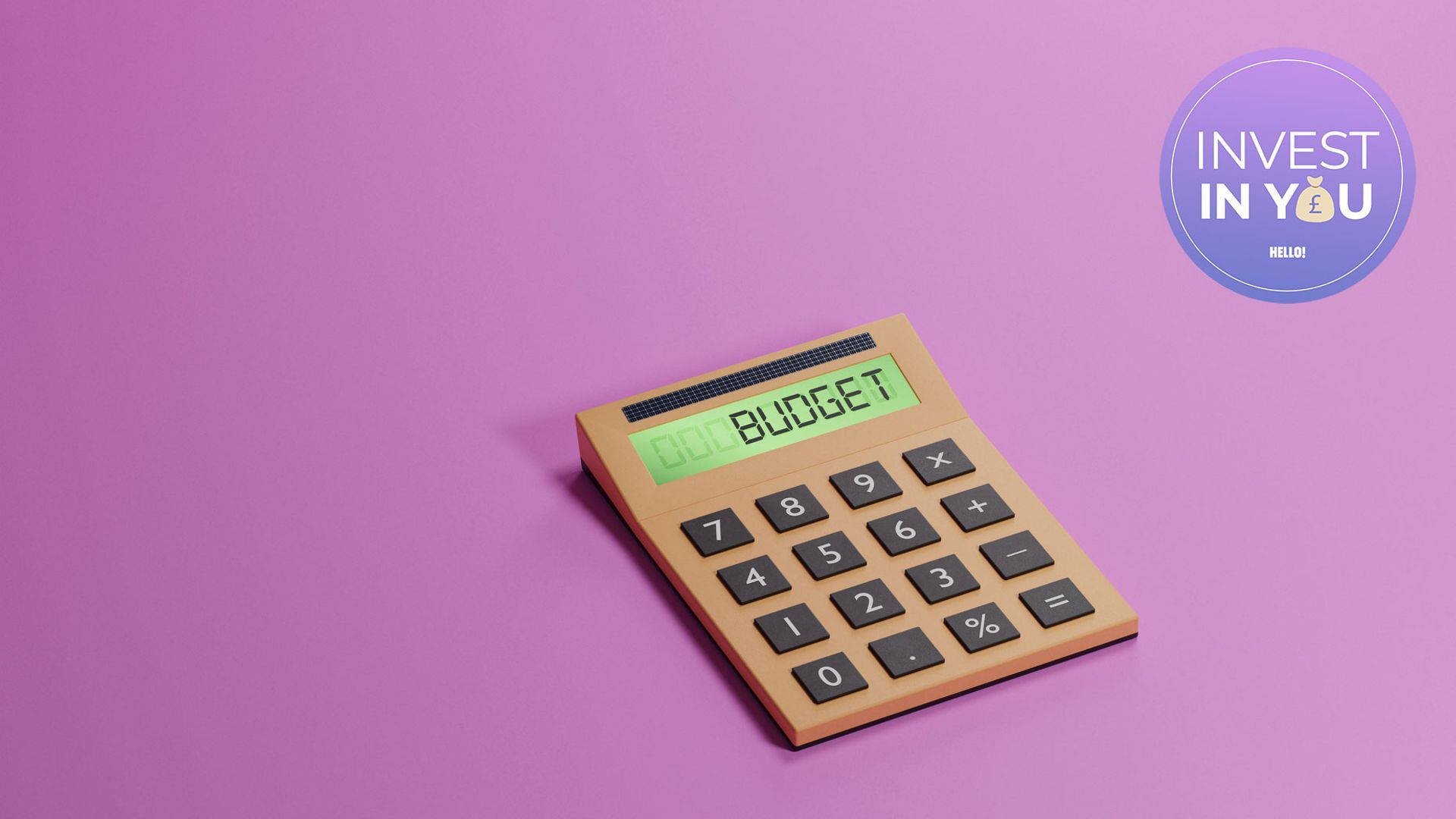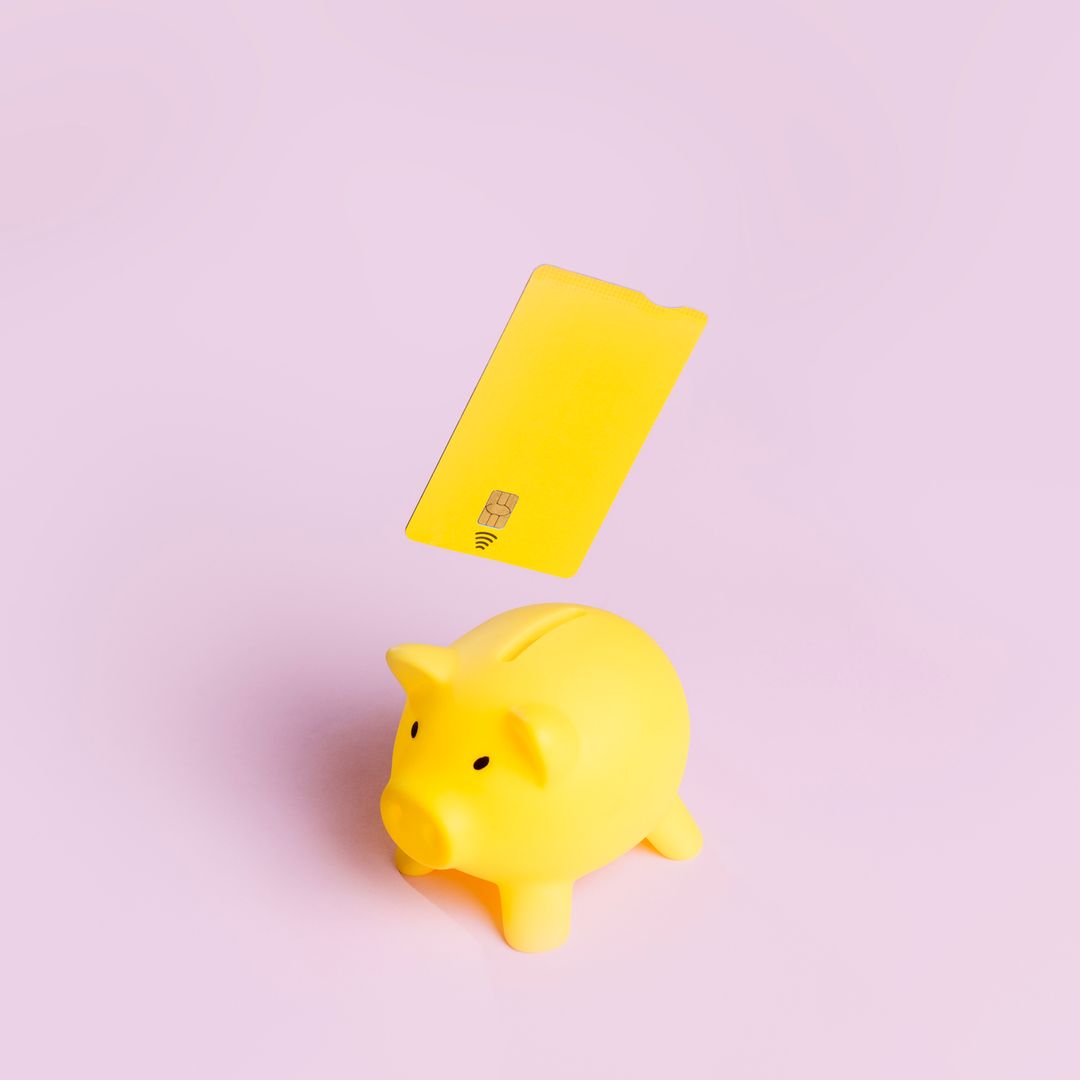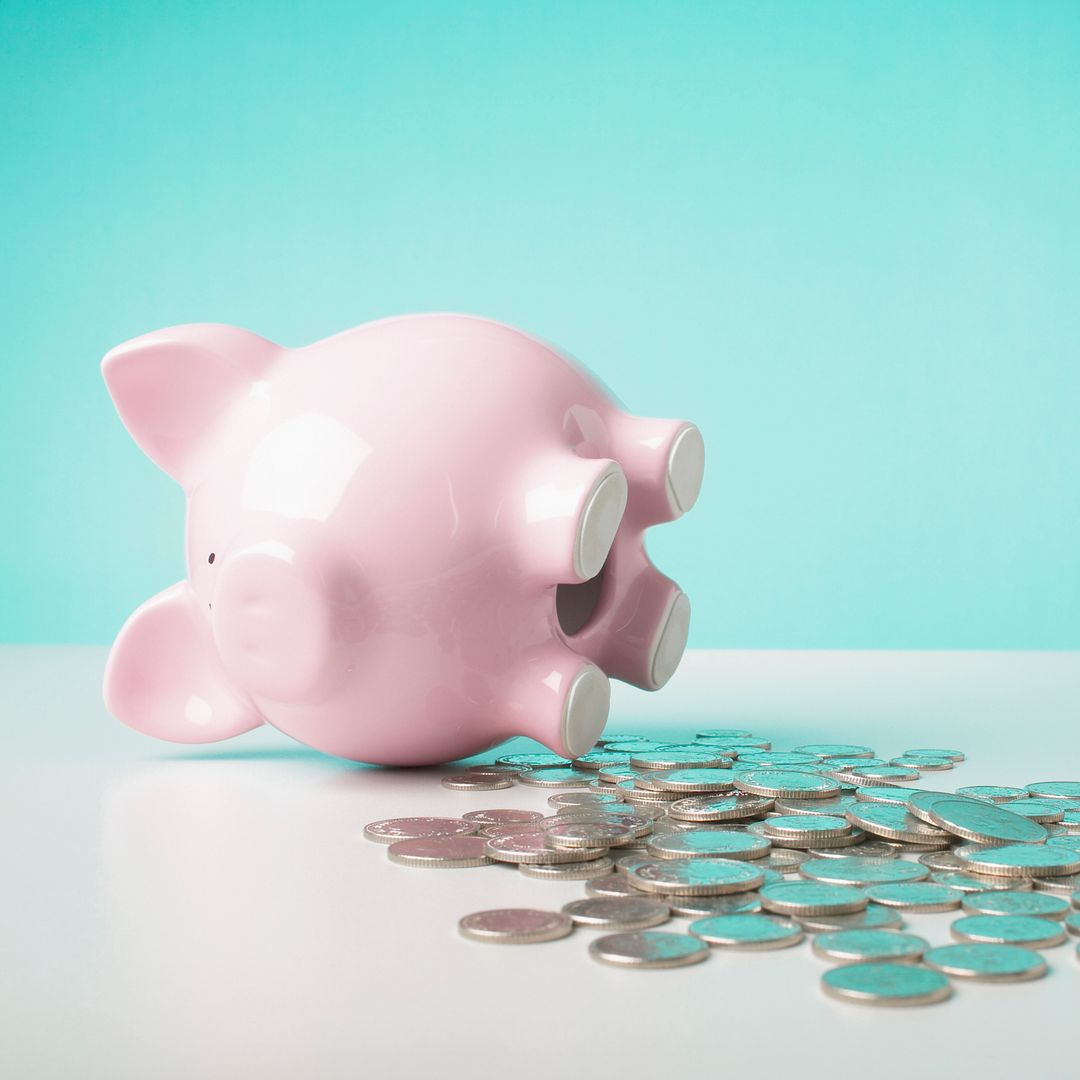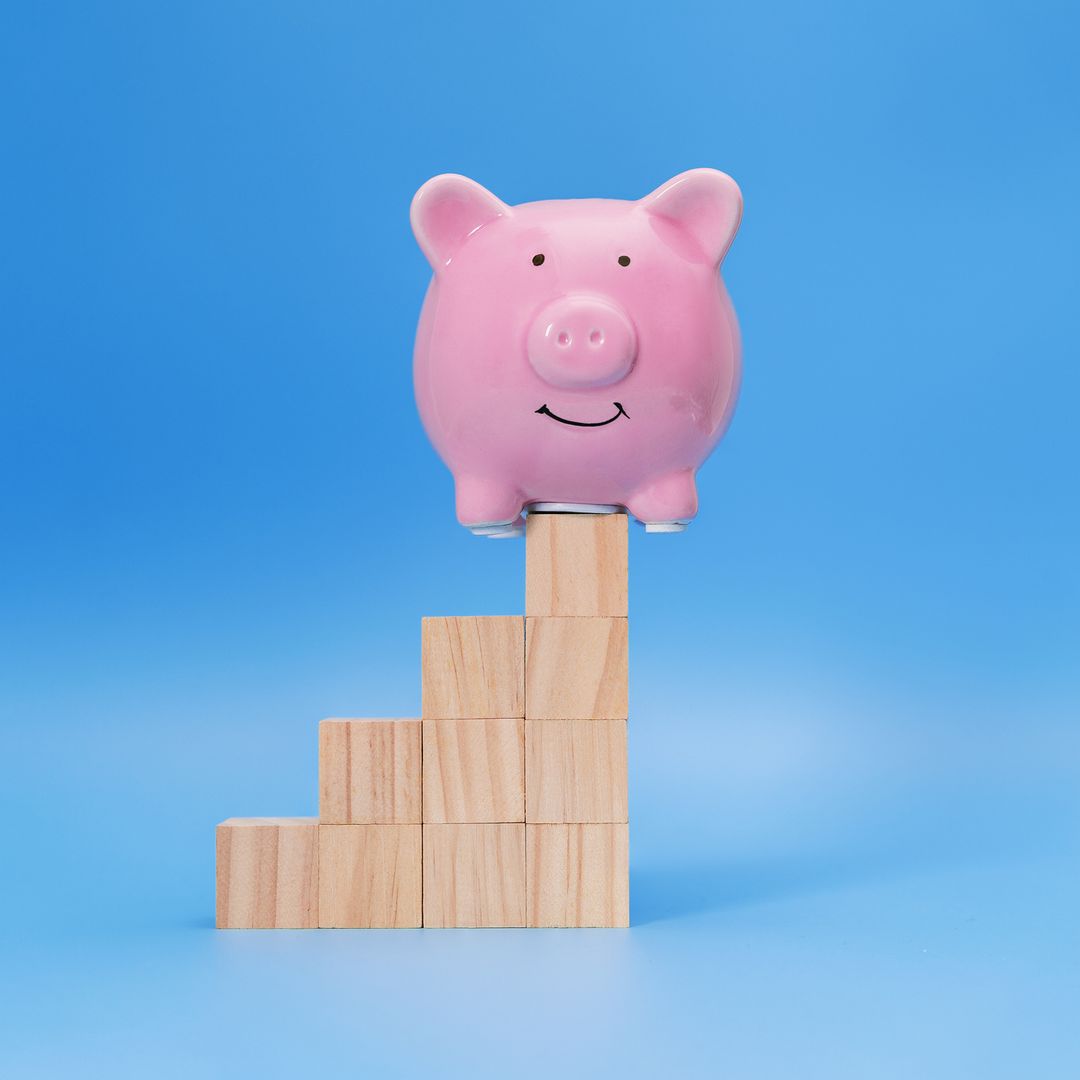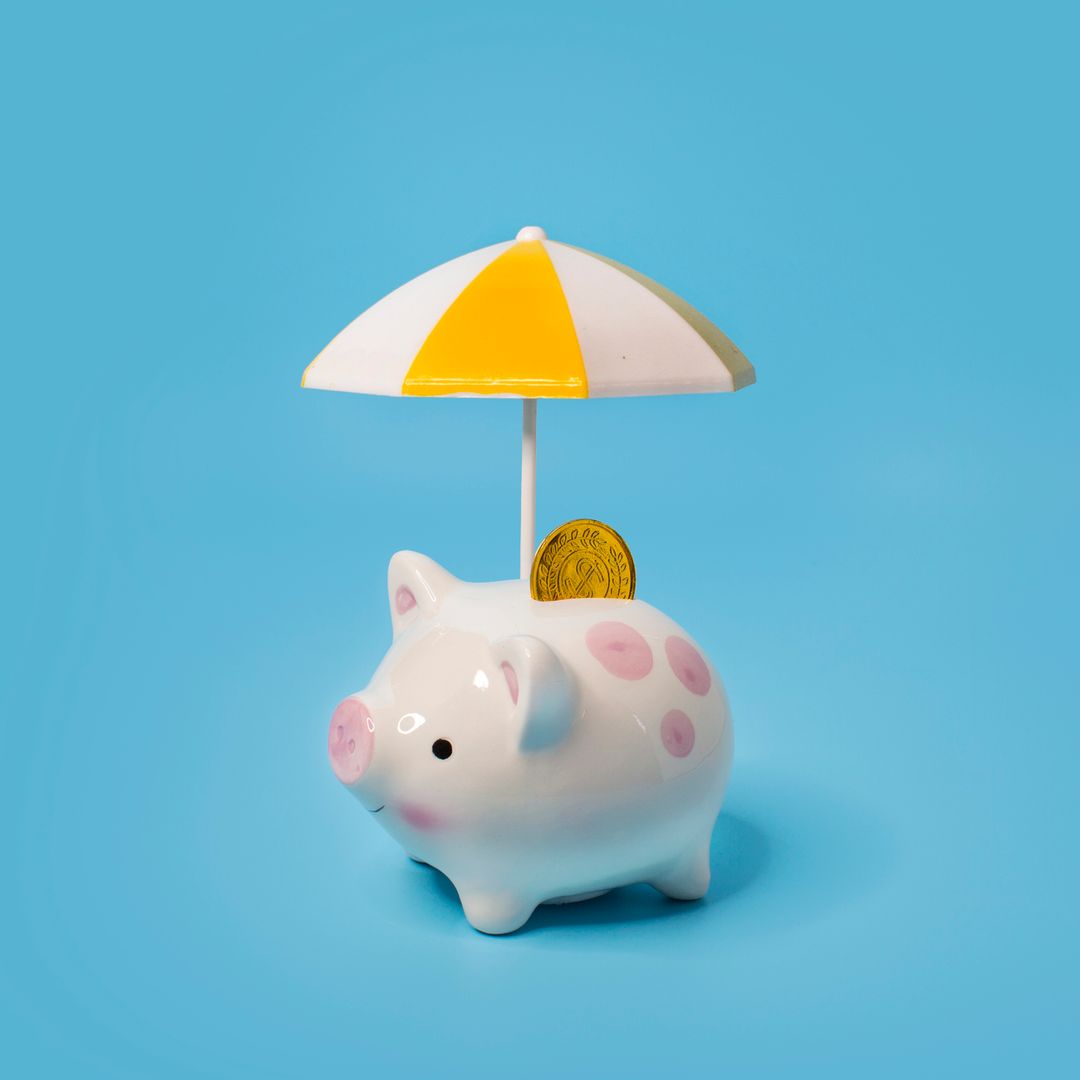The UK Chancellor Jeremy Hunt delivered his 2024 Spring Budget last week. The document is a way for the government to set out the estimated impact of changes to tax, welfare and public service spending policy.
But what do you need to know? The Spring Budget can feel quite abstract to many of us, but there are several ways in which it will affect your life and your household, from the National Insurance Cut to Child Benefit Changes.
1. National Insurance Cut
Good news - your take-home pay is set to increase in April. That's because National Insurance is being cut by two percent, from 10% to 8%. You will essentially be getting more money in your pay packet after tax. For example, someone on a salary of £30,000 will be looking at a saving of about £350 a year.
It’s good news for you if you’re self-employed, too. Lindsey Wicks, ICAEW's Senior Technical Manager for Tax Policy, explains: "The self-employed will also benefit from National Insurance savings. They have historically paid two types of National Insurance with their self-assessment. The rate of National Insurance that they pay on their profits between £12,570 and £50,270 is reducing from 9% to 6% from April 2024.
"Most will also stop paying the weekly National Insurance amount of £3.45 too. However, as these savings will be reflected in their self-assessment following the end of the 2024/25 tax year, they may not feel the benefit until they pay their tax bill that’s due on 31 January 2026."
2. Child Benefit changes
Child Benefit changes will make a real difference to parents earning between £50,000 and £80,000 a year. This salary bracket used to be considered quite high but it doesn't stretch as far nowadays.
While Child Benefit payments can help with the financial cost of children, if you earn above £50,000 a year you start to lose the benefits. You have to start paying it back through your self-assessment on your tax returns, and from £60,000 you are paying back all of that Child Benefit charge. And because it’s based on one parent’s income, if your other partner has a very low income, it can mean that you are effectively paying a huge amount of your salary back once you include the Child Benefit charge.
Therefore the Chancellor is raising the start of this charge to £60,000 so if you or your partner are earning more than this figure, you won’t have to pay all your Child Benefit back until you earn more than £80,000.
Lindsey warns: "Some families will have opted out of receiving Child Benefit payments to avoid having to pay the high income Child Benefit charge if one of the couple’s income exceeds £60,000. With the high income Child Benefits charge limits increasing, families may want to restart their child benefit payments after 6 April.
"This will be relevant in households where the income of the higher earner falls in the £60,000 – £80,000 bracket. For example, if the top earner has an income of £65,000 in 2024/25, only 25% of the child benefit will be paid back and 75% will be retained."
It's expected that half a million families with children will save an estimated £1,300 next year.
3. Tax On Vapes
A tax on vapes will be introduced from October 2026, while tobacco duty will also rise simultaneously. The chancellor acknowledged that vapes help people quit smoking but a tax on vapes will be introduced in October 2026. And there will be a one-off increase in tobacco duty at the same time so that people are still incentivised to quit smoking.
4. Alcohol Duty Freeze
This was due to end in August but will now continue until February 2025. As part of last year’s Spring Budget, the government cut alcohol duty in last year’s spring budget, saving an average of 68p per bottle of wine.
5. Fuel Duty
The temporary 5p cut in fuel duty on petrol and diesel will be kept for another year despite it being due to end later this month. And fuel duty will be frozen for the 14th year running. It might sound minimal, but it will help a lot of people, especially those who need to use their car for work.
6. VAT threshold raised
There’s a change for the self-employed, too. The threshold at which small businesses must register to pay VAT has been raised from £85,000 to £90,000 because the VAT threshold can be seen as a barrier for businesses to grow.
EXPLAINED: Why women's confidence with money is growing
Lindsey imagines a hypothetical situation in which a hairdresser charges £40 for a haircut. "If they have to register for VAT and charge 20% VAT on that haircut, are they able to pass on that cost to their customer (by charging £48 instead)?," she says. "If they keep the price unchanged at £40, they would only retain £33.33 of the price after VAT."
Businesses that can’t pass on the cost to customers may choose not to grow, which is not good news for the economy overall.
